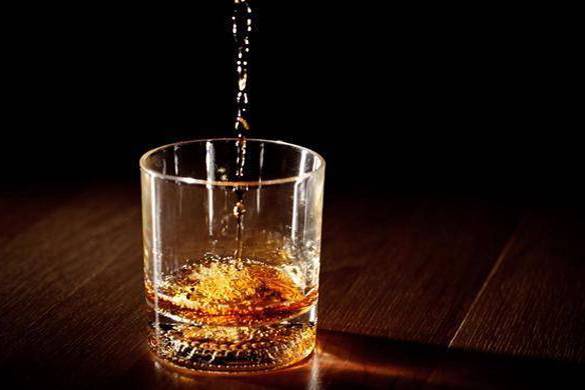Sri Lanka’s liquor licensees called on the new government headed by President Gotabaya Rajapksa resolve their grievances and some critical issues confronting small wine store owners.
They have urged the Prime Minister and Finance Minister Mahinda Rajapaksa to relieve them from heavy tax burden at present.
Despite regulatory and operational issues and high taxes, small retail liquor businesses are finding ways to survive and thrive in the face of adversity amidst non- constant policy on liquor production and marketing.
This was highlighted at a special general meeting of Sri Lanka Liquor Licenses Association held at Mandara Resort in Nitambuwa on Friday 10.
According to Finance Ministry sources, there are currently 4910 licensed liquor shops and of those 1100 are retailers, 1,567 hoteliers and 554 restaurateurs while the Excise Department has issued licences for 368 wine and beer outlets, as well as, 200 toddy taverns.
The present fee for renewal varies from Rs. 4,800 to Rs. 24,000 depending on the size of the business, small or large.
Obtaining and renewing liquor licences, stamp duty and high taxation were some of the main critical and crucial issues currently confronting the industry, a spokesman of the Sri Lanka Liquor Licensees Association said.
Despite these difficulties, smaller retail businesses are finding ways to survive and thrive in the face of adversity, he pointed out. Any person can obtain a liquor license by following the terms and conditions imposed by the Excise Department, the Ministry of Finance announced.
The prevailing 106 year-old archaic Excise Ordinance of 1913 will be modernised as it was no longer suitable to facilitate and regulate modern businesses.
As the regulator, the Department of Excise has not taken any initiative to change the Ordinance due to lack of capability or for other reason resulting in loss of revenue to the Government.
The Association has urged the government to enact the bill to repeal 40 per cent corporate income tax on the retail sale of liquor as liquor shop owners cannot bear it.
This bill has been devised and submitted to parliament but it was not enacted by the previous regime before the presidential elections.
This tax has been proposed to large scale liquor manufacturers but not for all liquor licencees, a spokesman of the Association said adding that even some of their members found it difficult to pay 8 per cent VAT.
The price of arrack and imported hard liquor could increase as the new liquor taxes are based on the alcohol strength, he said
(LI)

